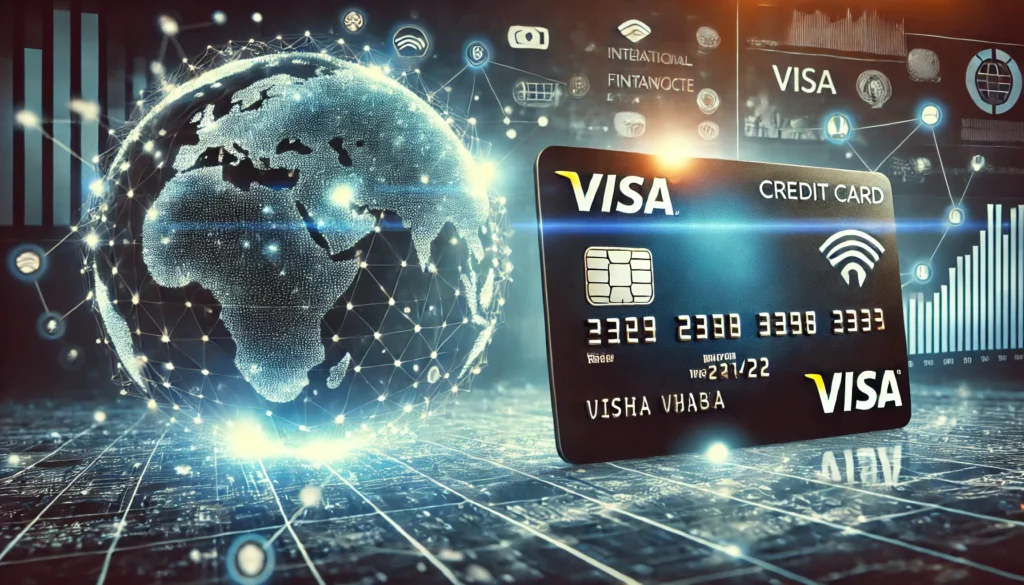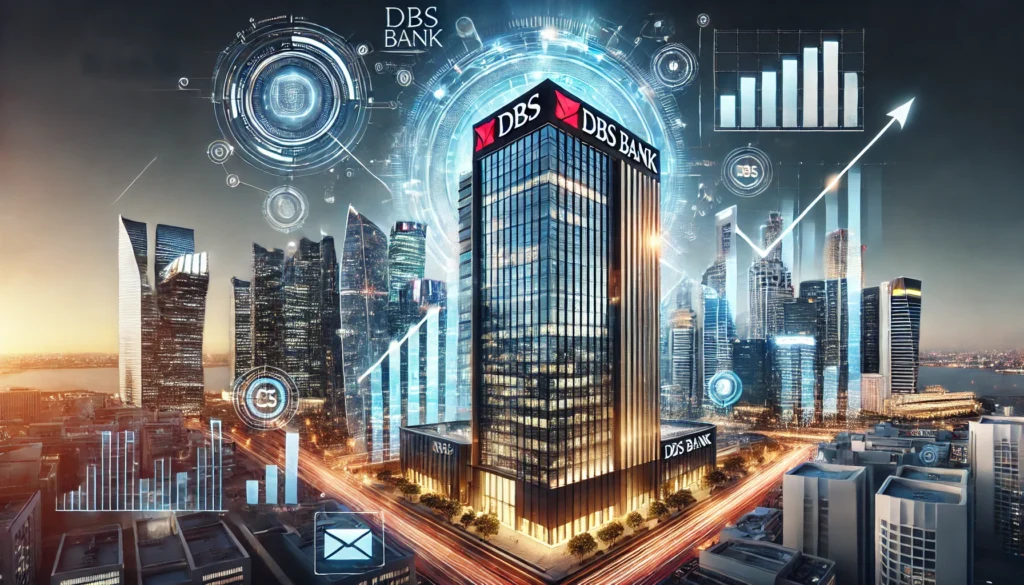Asset tokenization is transforming the financial landscape by converting traditional ownership rights into digital tokens on a blockchain. This innovation enables fractional ownership of high-value assets, allowing these tokens to be traded, held, or sold with unparalleled efficiency.
The advent of tokenization marks a significant shift in finance, making previously exclusive investment opportunities accessible to a broader audience. By digitizing assets like bonds, real estate, and equities, tokenization simplifies transactions, eliminates intermediaries, and enhances liquidity. Traditional barriers to entry, such as high costs or cumbersome settlement processes, are being dismantled, allowing both institutional and retail investors to participate in a more inclusive financial ecosystem.
What Is Asset Tokenization?
Asset tokenization is the process of creating digital representations of ownership rights for assets—ranging from tangible items like real estate to intangible ones such as intellectual property—on a blockchain. By breaking assets into smaller, tradeable fractions, tokenization opens up opportunities for investors to own parts of high-value items that would otherwise be out of reach.
Key Forms of Tokenization
- Real-World Asset Tokenization
Tokenization applies to physical assets like real estate, commodities, and fiat currencies. For example, fiat money can be tokenized into stablecoins like USDT (Tether), enabling quick, secure, and cost-efficient transactions on the blockchain. This reduces reliance on banks and intermediaries, enhancing liquidity and accessibility. - Digital Asset Tokenization
Digital art, intellectual property, and collectibles can be tokenized as NFTs (non-fungible tokens). Each NFT uniquely represents an asset, providing proof of ownership and enabling creators to earn royalties every time their work is resold. This model supports artists and safeguards their digital rights. - In-Game Asset Tokenization
Gaming items, such as skins or collectibles, are now tradable as NFTs, granting them real-world value. Players can own, trade, and even profit from assets that were once confined to the gaming ecosystem.
How Does Asset Tokenization Work?
Imagine a $1 million property divided into 10,000 tokens, each representing 0.01% ownership. Investors can purchase tokens instead of buying the entire property, enabling fractional ownership. This concept democratizes access to high-value assets, making it easier for individuals to diversify their portfolios.
Blockchain technology also streamlines traditionally complex transactions. For example, real estate deals often involve multiple intermediaries, leading to delays and increased costs. With tokenization, these transactions can occur almost instantly using smart contracts, which automate processes and reduce the need for middlemen.
Why Traditional Finance Is Embracing Tokenization
Tokenization addresses long-standing inefficiencies in the traditional financial system, such as delays, high fees, and manual processing.
Benefits of Tokenization
- Global Accessibility and Liquidity: Assets can be traded 24/7 on global platforms, significantly improving liquidity and opening markets to a wider audience.
- Enhanced Transparency and Security: Blockchain ensures every transaction is immutable and traceable, reducing fraud risks and boosting investor confidence.
- Cost Efficiency: By eliminating intermediaries, tokenization cuts transaction costs by up to 65%, as reported by Zoniqx.
- New Revenue Streams: Banks and fintechs can offer innovative products, such as fractional ownership of assets, increasing investment opportunities for smaller investors.
Industry Giants Leading the Charge
Visa

Visa is integrating blockchain into its payment systems to enhance cross-border transactions and crypto adoption. The Avalanche Visa Card allows users to spend cryptocurrencies like Wrapped AVAX and USD Coin (USDC) at any location that accepts Visa. With Avalanche’s scalability and low transaction fees, users can enjoy seamless payments without foreign exchange fees.
Visa’s Tokenized Asset Platform (VTAP) further expands digital asset integration by enabling financial institutions to issue digital tokens backed by fiat currencies. Collaborations with institutions like BBVA underscore Visa’s commitment to revolutionizing finance through blockchain technology.
DBS Bank

Singapore’s largest bank is spearheading blockchain initiatives through its DBS Token Services and Treasury Tokens pilot. These platforms provide real-time settlement and multi-currency liquidity management for institutional clients. By leveraging smart contracts and blockchain, DBS enhances operational efficiency and reduces costs, paving the way for broader adoption of tokenized solutions.
J.P. Morgan

Through its Onyx platform, J.P. Morgan is at the forefront of blockchain innovation. Onyx facilitates the tokenization of assets like bonds and foreign exchange, enabling instant, secure, and transparent transactions. Features like the JPM Coin System and Tokenized Collateral Network streamline asset management and improve liquidity for institutional clients.
The Future of Tokenization
Beyond financial instruments, tokenization has the potential to revolutionize areas like governance and environmental sustainability:
- Tokenized Voting: Secure digital tokens can create transparent and tamper-proof voting systems for corporate or community governance.
- Carbon Credits: Tokenizing carbon credits promotes a transparent marketplace for emissions trading, incentivizing sustainability efforts.
For example, initiatives like Climate Impact X aim to create a tokenized carbon trading ecosystem, providing accessible solutions for small and medium-sized enterprises to achieve sustainability goals.
The Path to a Tokenized Future
Tokenization is reshaping finance, making it more efficient, transparent, and inclusive. With industry leaders like Visa, DBS, and J.P. Morgan at the forefront, this technology is no longer a concept but a movement transforming the financial ecosystem.
As Caitlin Long, CEO of Custodia Bank, aptly states:
“Every bank CEO knows this technology is coming, and if they’re not planning for it now, they’re already behind.”
The era of tokenization promises not only to enhance operational efficiencies but also to democratize access to investment opportunities, paving the way for a future where finance is accessible to all.















Leave a comment